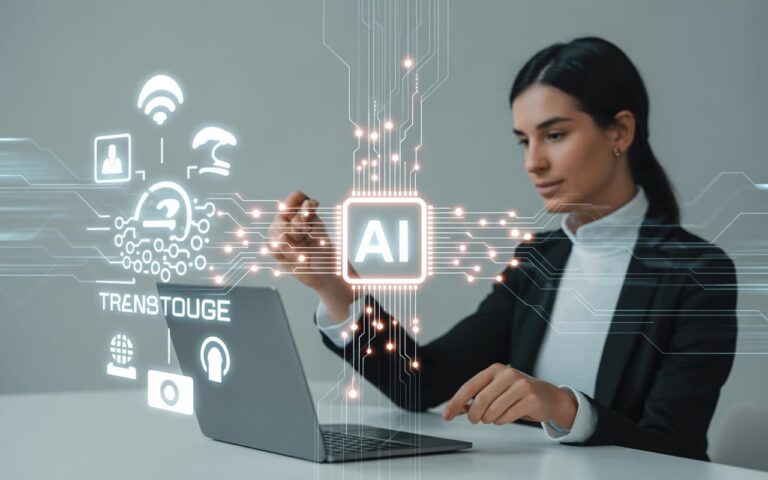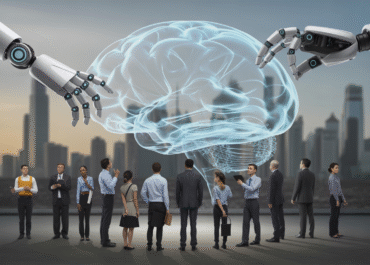Microsoft Study Reveals Professions Most Prone to AI Automation

Artificial intelligence continues to redefine the landscape of work, prompting both excitement and apprehension about the future of various professions. A groundbreaking new study from Microsoft Research sheds light on this very topic, offering a detailed look at which roles are most susceptible to automation. Based on an extensive analysis of 200,000 conversations with Copilot, Microsoft’s AI assistant, the research provides crucial insights into AI’s evolving impact on human employment.
Interpreters and Translators: At the Forefront of Automation
The study’s most striking finding points to a specific group of professionals as being most vulnerable to AI automation: interpreters and translators. This revelation underscores the rapid advancements in natural language processing (NLP) and machine translation technologies. AI models have become incredibly sophisticated, capable of understanding context, nuance, and even tone across multiple languages with remarkable accuracy and speed. For tasks that are highly repetitive and data-driven, such as translating documents or interpreting real-time conversations, AI offers unparalleled efficiency and scalability.
While human interpreters and translators bring invaluable cultural understanding, adaptability, and the ability to handle highly sensitive or complex situations that still challenge AI, the research suggests that a significant portion of their daily tasks could be streamlined or even taken over by intelligent systems. This doesn’t necessarily mean complete job displacement, but rather a profound shift in how these professionals operate, emphasizing the need for them to focus on higher-value, more nuanced aspects of their work.
Navigating the AI-Driven Job Market: Beyond Translation
The implications of this Microsoft study extend far beyond the language services industry. The methodology, rooted in analyzing how AI interacts with various tasks, offers a template for understanding broader trends. Roles characterized by repetitive, rule-based processes, or those involving extensive data analysis and pattern recognition, are increasingly likely to see significant AI integration. This includes areas in administrative support, data entry, and even certain aspects of customer service.
However, it’s crucial to view AI not merely as a replacement but as an augmentation tool. As AI handles routine tasks, it frees up human workers to concentrate on activities requiring uniquely human skills: creativity, critical thinking, emotional intelligence, strategic planning, and complex problem-solving. The evolving job market will increasingly value professionals who can effectively collaborate with AI, leveraging its capabilities to enhance productivity and innovation.
The findings from Microsoft Research serve as a potent reminder of the dynamic nature of the modern workforce. For individuals, it highlights the pressing need for continuous learning, upskilling, and adaptability. For organizations, it underscores the importance of investing in reskilling initiatives and fostering a culture that embraces human-AI collaboration. While the rise of AI presents challenges, it also opens doors to new opportunities and the creation of entirely new roles, demanding a proactive and informed approach from everyone involved in the world of work.


